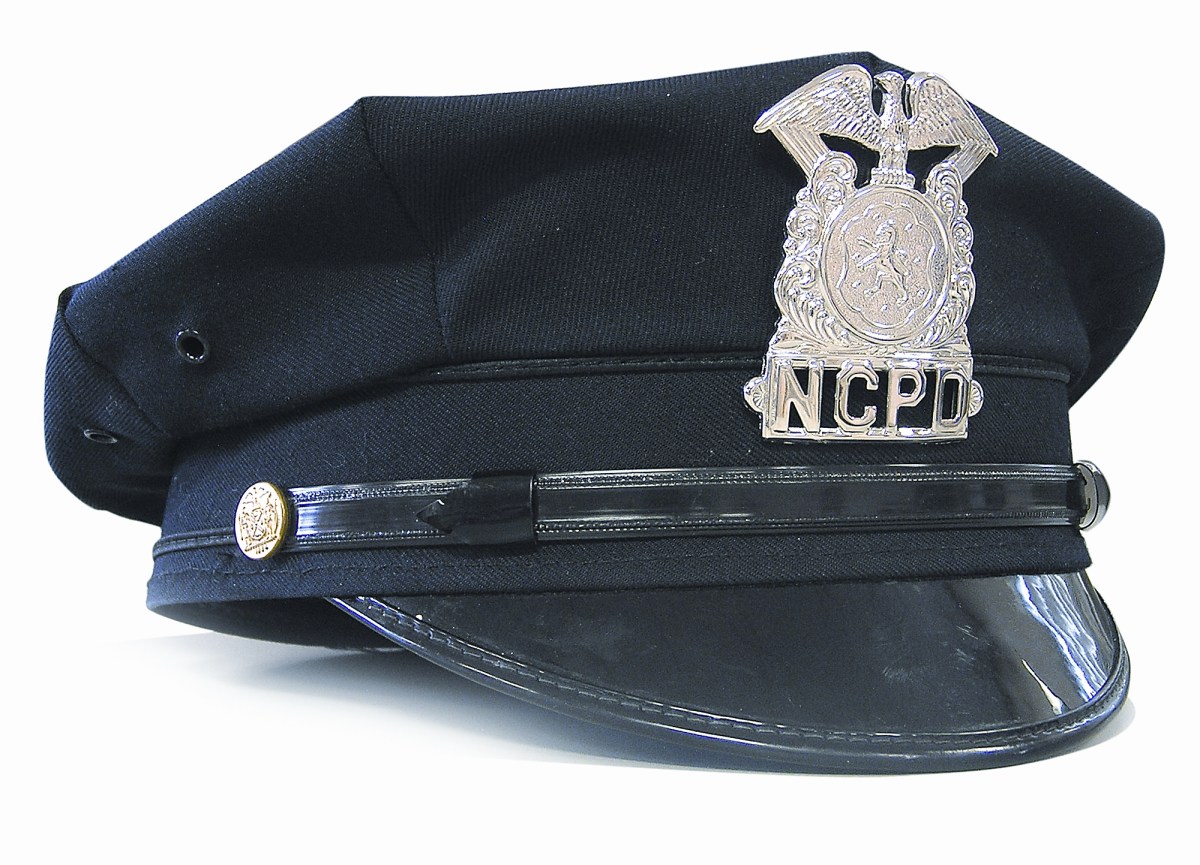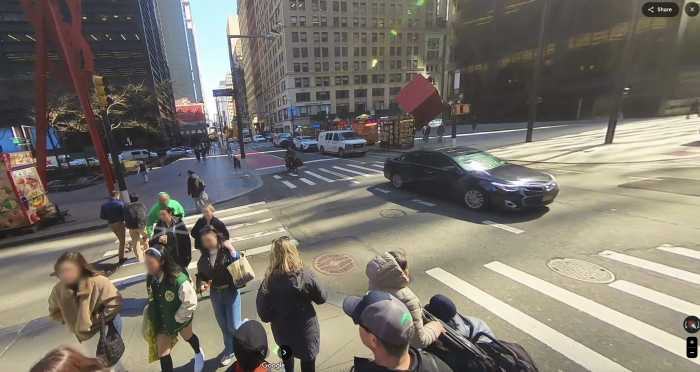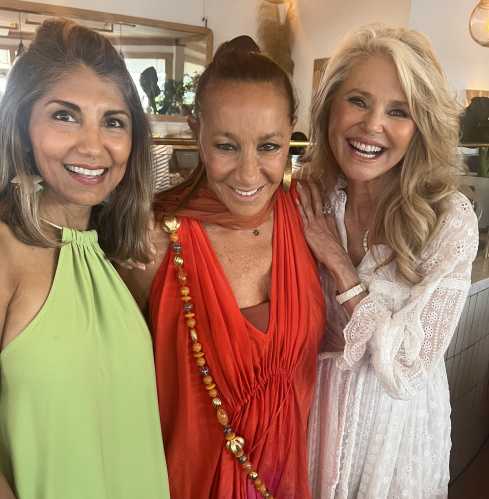Cops are not like the rest of us. They cannot be. A cop will see more devastation, violence, and heartbreak in a week than most people will in a lifetime — and that is just one of many things that makes them different.
I first learned about it more than 25 years ago while writing crime stories for The New York Times. I became fascinated by the “blue wall” that cops put up. But despite my enthusiasm, I quickly learned that I was considered an outsider, a civilian, and most of all a reporter that could not be trusted. I was determined to get through that wall if I were to write stories that were honest and fair.
With much reluctance, my Times editor approved my attending the Nassau County Police Department Academy with a new class and writing a series of articles on what it was like to become a police officer.
My class, as most were and still are, was an interesting mix of ages, professions, and personalities. The only common bond was their desire to become a police officer. They were excited and ready to learn. Since they were new, they accepted me, especially after my first story. They trusted I would be fair in my reporting and so they slowly let me into their world.
The days I did spend there were long ones, the training draining and hard. I went through a ‘burning building’ taking longer than any recruit and thinking I was going to die. (Later I learned it was payback for a not-so-positive story on firefighter training.)
Then there was water rescue, gun training, emotionally disturbed encounters, domestic violence calls, and EVOC that consisted of driving a car through obstacles at an extremely high rate of speed,
But all the things I saw and all the things I learned could not prepare me for what happened on the street when these recruits, after six months of military-style training, were deemed ready to start their training in a patrol car with a supervisor.
I spent weeks in the patrol cars observing them. What they dealt with horrified me.
There were active shooter calls, a grandmother who hung herself, a person shot dead in the head, and a decomposed dead body found in a home. There were high-speed chases that caused me to wonder what the hell I was doing there. And then there were the babies. I do not think anything affects a cop more than a child who has died. It strips away their armor and tears at their hearts.
When field training ended, the class that was once a loosely tied group of recruits morphed into a family as part of the police department. They were expected to be always physically and mentally alert to make instantaneous life-and-death decisions that could later be scrutinized for weeks and months after. They had to be no less than perfect because that is what is expected from cops.
After that experience I did a lot more stories, but I insisted on learning not from the top brass spokespeople but from the cops on the street. That would often wind up in some difficult and scary places. One of those places is relevant today.
A call of a mentally disturbed man resulted in cops putting a more than 300-pound man into an ambulance to wait while police finished up some last-minute details. He seemed docile, and aware — almost a gentle giant. But I couldn’t be more wrong. As I stepped into the ambulance to get my notebook, he lunged at me.
My heart stopped for a second until we were both distracted by the loud voice saying, “stop!” That one second or so of a distraction gave one of the cops time to stop the man. I still think of that incident and what would have happened if that cop did not know to shout out. More importantly, what if that was a social worker answering a call alone.
Police get an enormous amount of ongoing training but sometimes even that isn’t enough. They can’t deflect bullets, but they can learn to rely on instinct. It is only when politics and politicians interfere that things can become a disaster. Police officers in departments that pay well, require a higher education, and continually train officers tend to be the ones that have the fewest complaints. As one cop once told me, “I get paid too much to risk my job taking a cup of coffee for nothing.”
Not all cops are saints, or even come close. One of the last stories I did was on some bad cops. As a direct result of my story in the Press, the then-Nassau County District Attorney had three former top cops indicted, writing in her press release, “The charges stem from an investigation that began following Shelly Feuer Domash’s article in the Long Island Press.” Two pleaded guilty and one was convicted by a jury.
Some cops felt I betrayed their trust. But at that time, what no one knew was that the story could not have been written without the help of literally dozens of cops who wanted these bad apples exposed. Nassau police, like most departments, is made up of good cops who come to work each day wanting to do the right thing. But any time a police department comes under political influence instead of police management, little good can come.
Cops are different from civilians for many reasons. They deal with the things we do not want to and most of the time they do it very well, with nobody knowing about it. I have dealt with dozens of departments across this country and never saw anything but pure professionalism.
Over the years I have spent literally hundreds of hours observing police officers. Most times they did not know who I was. We are now bombarded with cries of defunding and abolishing the police.
Sure, get rid of bad apples and let the other 99.9 percent do their job. How can we so quickly forget the Sept. 11, 2001 attacks when we needed cops and they were there? They risked their lives at the crash sites, not thinking twice about it.
Once again, they ran into a burning hell while others ran out. They were our nation’s heroes. So many sacrificed their own lives. What happened? While protesters in New York had marched while chanting “what do we want? Dead cops!” the New York City police officers just walked with them to protect them. Now in the city, right in front of Gracie Mansion, are signs that read “kill the cops,” “kill the pigs,” and other messages too disgusting to mention here.
The silent majority must speak up now or it will be too late. Our cops need our vocal support. In the past few weeks hundreds of them were injured and some even gave their lives. A young pregnant mother ready to give birth waited for her husband, a police officer, to come home. He never did. Instead, he was ambushed, shot, and killed. She will give birth next month without her husband by her side. Does the public protest that?
Or the black retired police captain who was shot and killed trying to protect a friend’s store. His five children and 10 grandchildren have lost him forever. A senseless shooting that was videotaped and put on Facebook. No sign of any protestors.
And this month on a hot summer late afternoon, a 1-year-old baby was with his mother in a stroller when the sound of gunfire shattered the air. One of the bullets hit that baby in the stomach.
Do babies’ lives matter? Where were the protests? Where were all the angry people?
Why do we let a few outspoken people be the only ones that have a say? Where is that silent majority that supports our police? How long will our cops have deadly threats shouted at them, or being spit on?
How long will they stand being the target of abuse and the target of mentally ill people who just want to kill a cop? How did they go so quickly from heroes to bad guys and how long is it until they say “enough,” the good cops retire, and no one wants the job? It may not be long when you call for help no one comes.
We need to more vocally support our police or we will have none left and more importantly, no one wanting to become the next generation of police officers.
While gun stores are selling record numbers of guns and ammunition, does that make the rest of us safer? We do not need more guns on the streets: we need our cops.
Broadcast executives are taking all the cop shows off the air. Violent factions of the protesters are continually, tearing down statues, attacking police officers, all for what reason? Does looting and destroying the famous Macy’s in New York City accomplish anything? Does looting down 5th Avenue make the city better? Does painting Black Lives Matter on streets bring back all the children we have lost to gun violence in the past few months?
One monster cop who killed George Floyd is part of an exceedingly small group of rogue cops. They must and now will be dealt with. Our justice system is ready to do that, but at the same time, we cannot let violence become the initiator of change. We need to talk.
It is important to remember that cops are different from us. Their job is to protect us from bad people and dangerous, unexpected situations and they suffer the price for it. Their lives are changed because of it.
They are trained for almost every situation. They are the ones that will come when you dial 911 and for that you should be vocally grateful. That little baby in New York never had a chance.
NYPD is decimated and morale is low. Retirements are submitted faster than they can be processed. A new class of more than 1,000 new recruits was cancelled. NYPD had $1 billion taken from its budget. Once the safest city in the world it is now becoming like the Wild West.
Shut out the sounds of the protesters and for one moment think of 9/11. In a time of a true national emergency who did you want in control? Some loud protesters or trained law enforcement? Those men and women are our country’s true heroes. Without them we have only chaos.
Shelly Feuer Domash is an investigative journalist.
For more editorials visit longislandpress.com/category/perspectives
Sign up for Long Island Press’ email newsletters here. Sign up for home delivery of Long Island Press here. Sign up for discounts by becoming a Long Island Press community partner here.


































